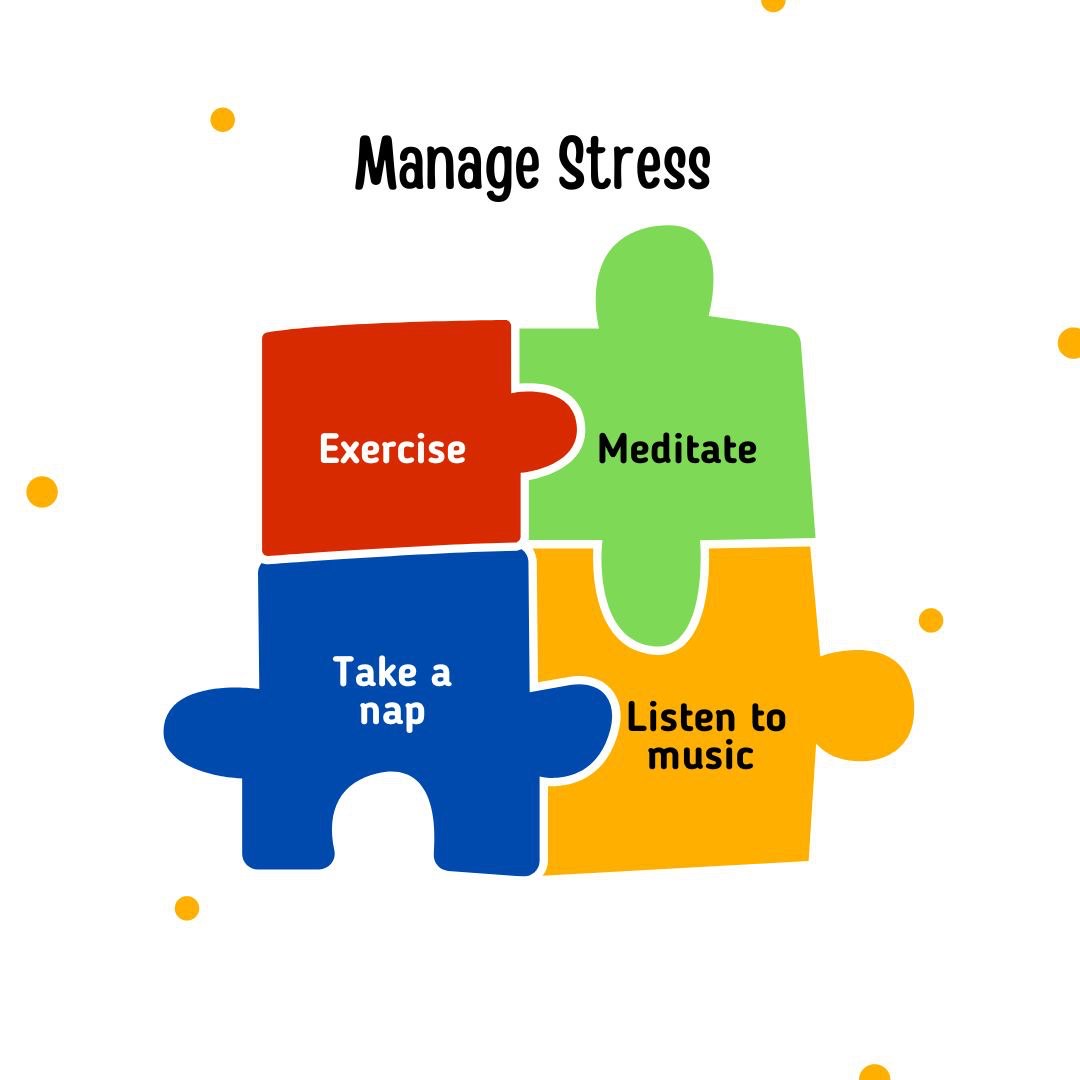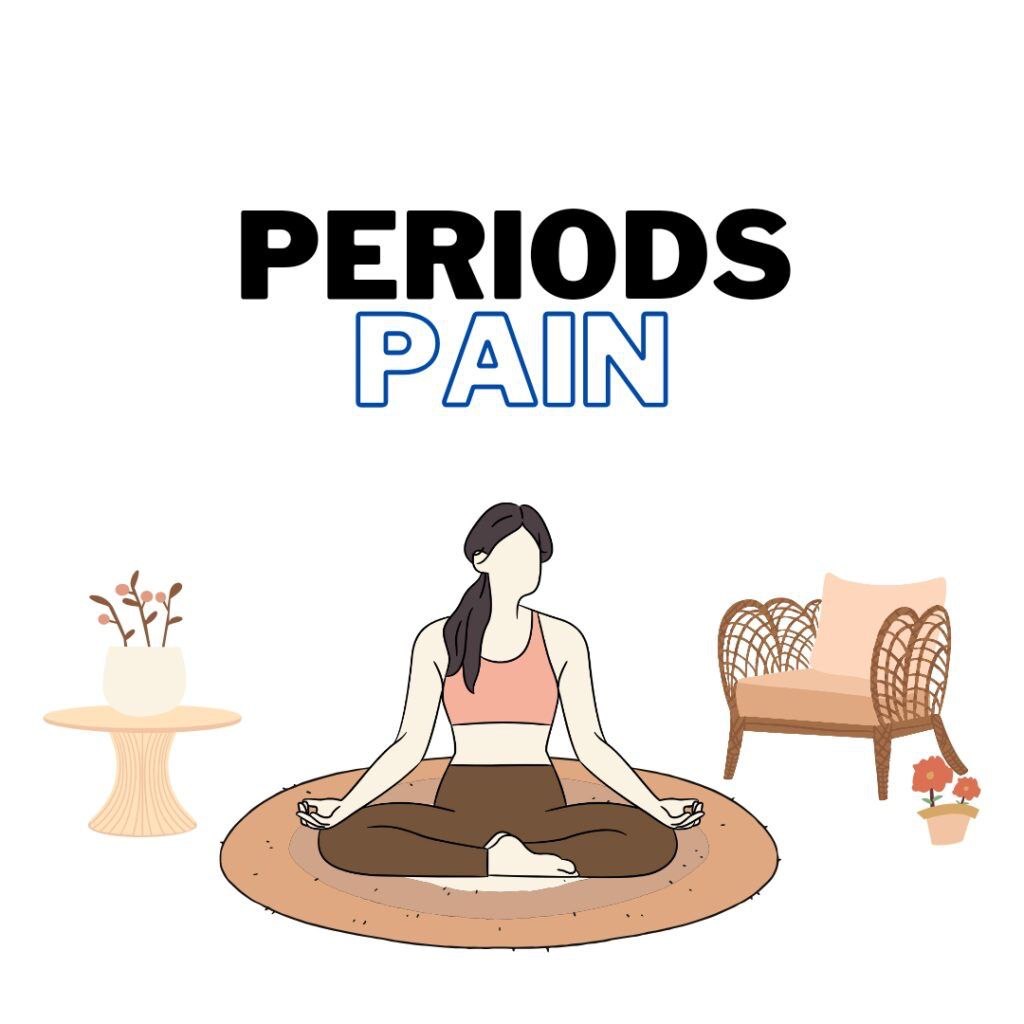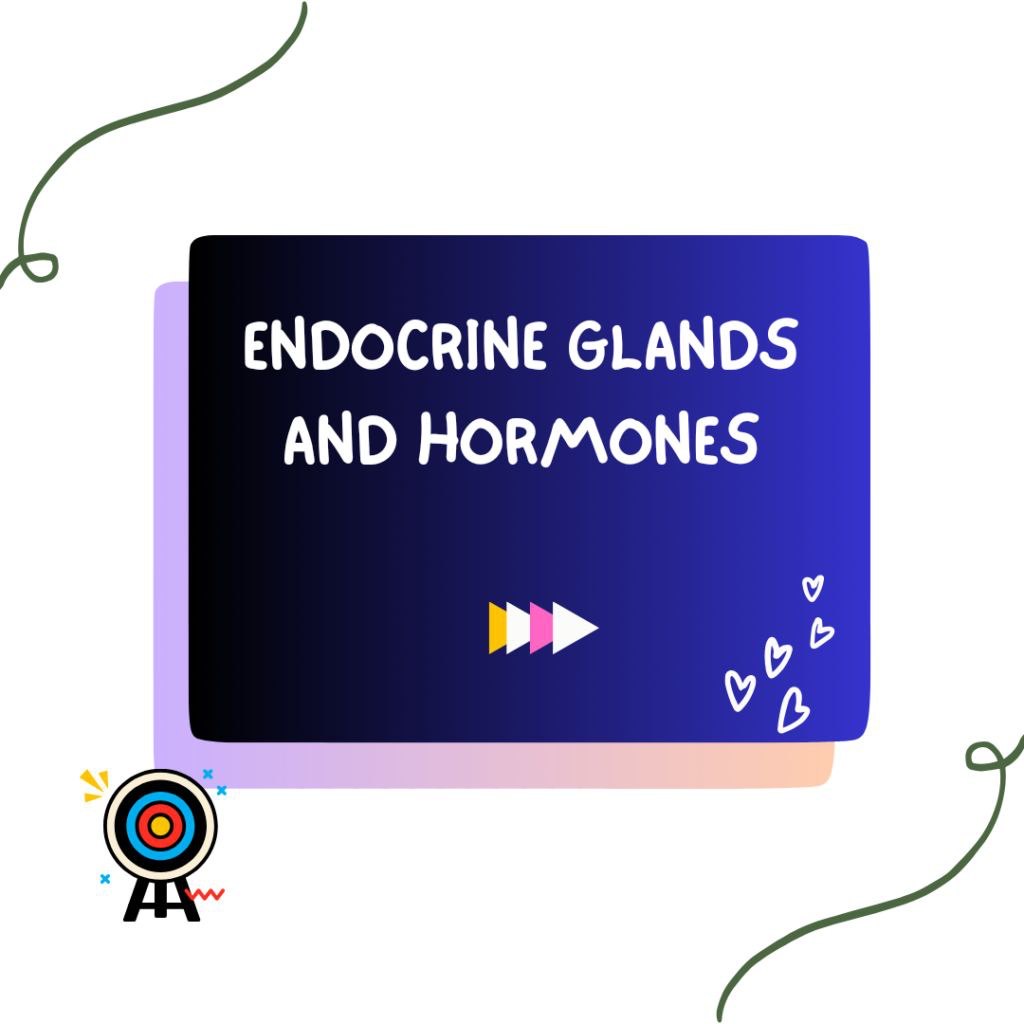Sleep is a vital aspect of overall health, playing a critical role in physical and mental restoration. During sleep, the body repairs and rejuvenates tissues, that helps in brain function, memory consolidation, and learning. Moreover, sleep affects mood regulation, reducing stress, anxiety, and depression.
Physical Restoration: Sleep plays a crucial role in physical restoration, repair, and rejuvenation.
Brain Function: Sleep helps in brain function, memory consolidation, and learning.
Mood Regulation: Sleep affects mood regulation, reducing stress, anxiety, and depression.
Immune System: Sleep is essential for immune system function, fighting off infections and diseases.
Cardiovascular Health: Chronic sleep deprivation increases the risk of cardiovascular disease, hypertension, and stroke.
Weight Management: Sleep affects appetite regulation, metabolism, and weight management.
Cognitive Function: Sleep deprivation impairs cognitive function, attention, and decision-making.
Motor Function: Sleep is essential for motor function, coordination, and balance.
Hormone Regulation: Sleep affects hormone regulation, including insulin, growth hormone, and hormones that regulate appetite.
Quality of Life: Adequate sleep improves overall quality of life, enhancing productivity, and overall well-being.
Chronic sleep deprivation has been linked to various health problems, including cardiovascular disease, obesity, and impaired cognitive function.
Therefore, it is essential to prioritize sleep, aiming for 7-9 hours of sleep each night to maintain optimal health and well-being.



















